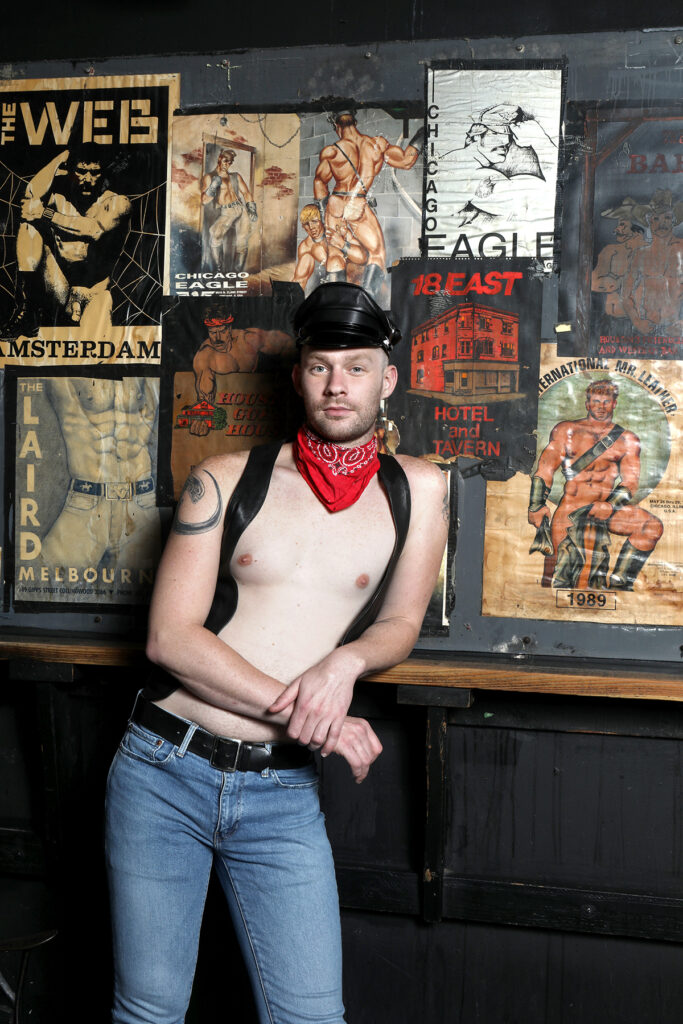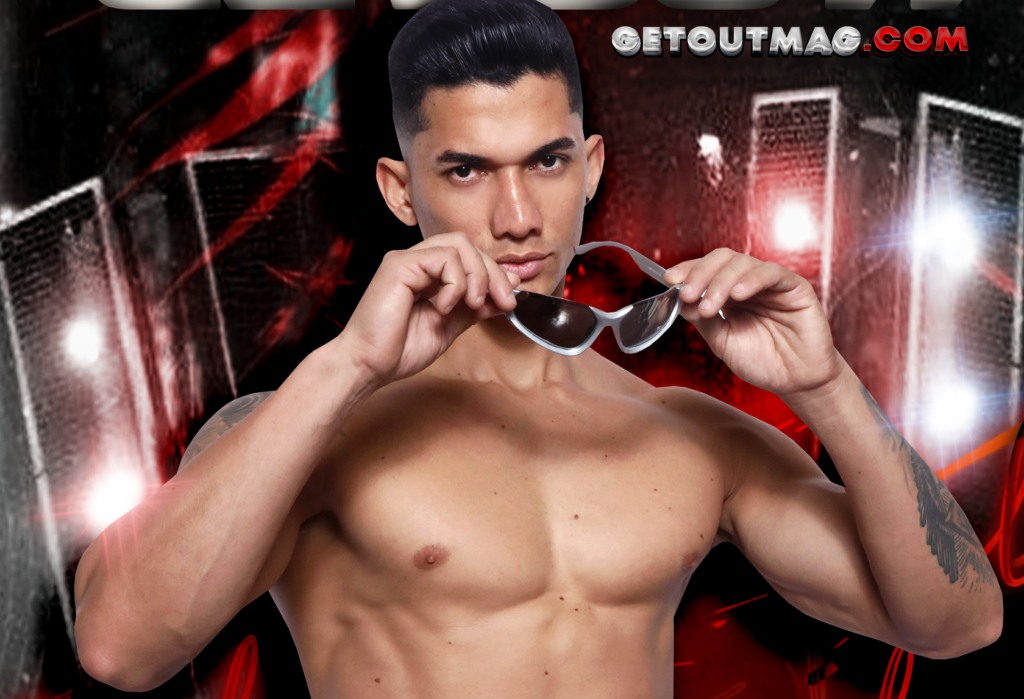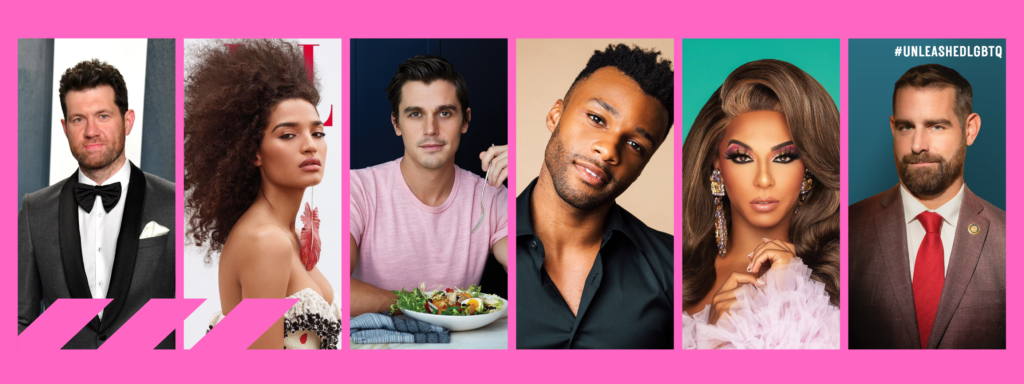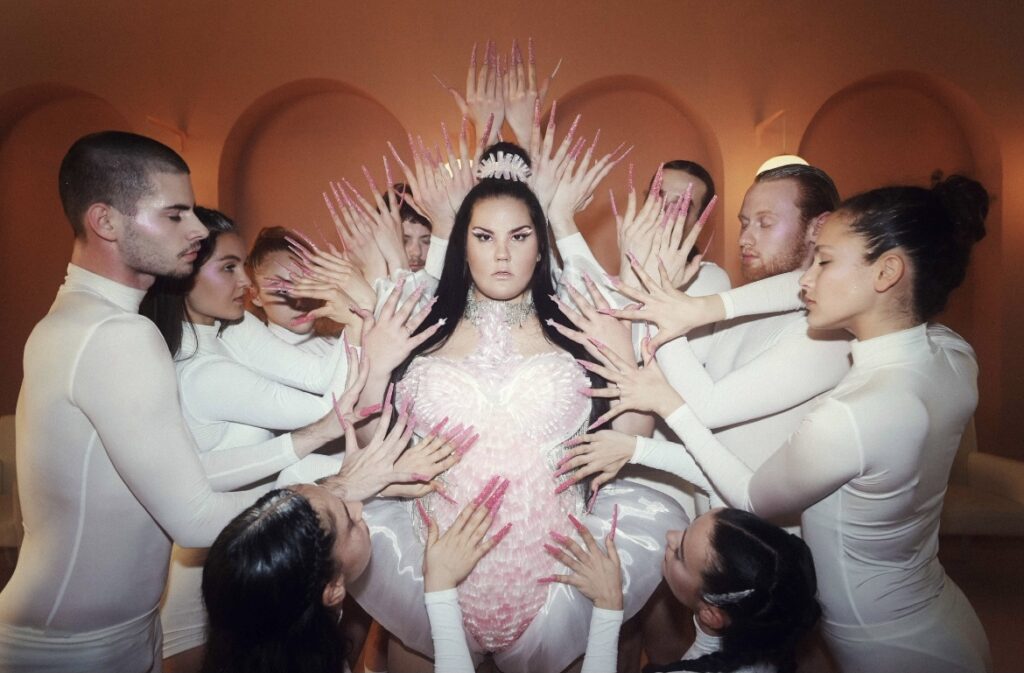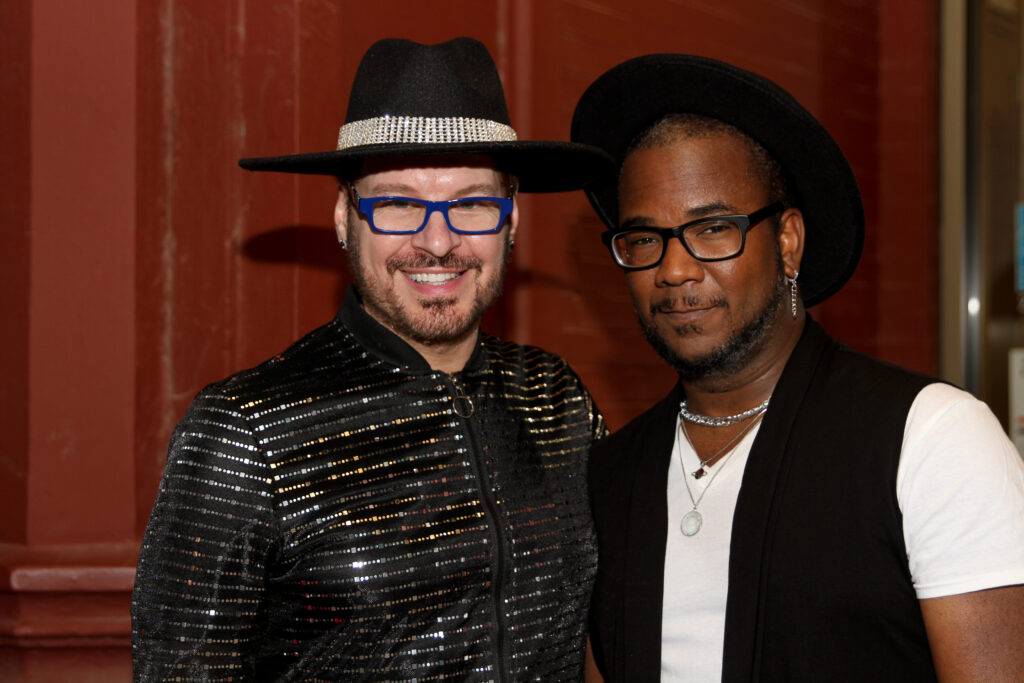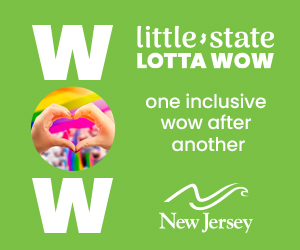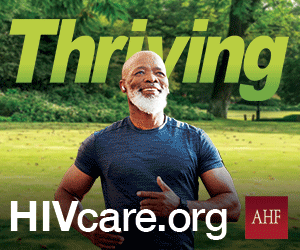Caleb Quaye : “Louder Than Rock”
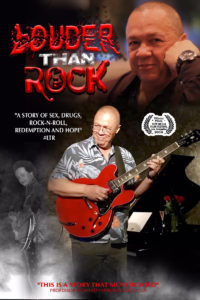
A plethora of inspiring stories intertwined within the life and chronicles of super guitarist Caleb Quaye which are unveiled within the Rockumentary “Louder Than Rock”. An aspiring young child, bounced on the knee of Dizzy Gillespie, and cuddled by the likes of Ella Fitzgerald, as he yearned to be like his dad, a famous jazz musician, Cab Kaye. The North London boy was destined to become a celebrated musician.
Caleb learned piano from his dad at age 4, followed by the drums and finally at age 12 the guitar. A £10 crummy guitar purchased in a pawn shop for his birthday by his dad who showed him the strings and then left him to learn on his own. Shortly after the dad left him and his family literally on their own. The often violent drinking practices and abandonment by his dad in the impressionable teen years, combines the story of their strange and anger-filled reunion, and painful healing process, a powerful tribute to God and humanity, in the hopes of helping others in similar situations according to Quaye.
Responsible for the opulent and epic career of Elton John as we know it, the fact that Quaye facilitated the signing of young Reggie Dwight (Elton John), to Dick James Music, is a fact not well known. Quaye toured relentlessly in massive stadiums for ten years with John during his early days in the music industry. Playing with greats such as Pete Townsend, Paul McCartney, and The Rolling Stones, Quaye was dubbed “The World’s Greatest Guitarist” by the legendary master Eric Clapton. A touring member of Hall and Oates for many years, as well as a composer, multi-instrumentalist, and author, Caleb Quaye has much to tell.
“Louder Than Rock” is a full-length documentary, laced with old reels of rock n roll times gone by, which is victoriously produced by 9 time Grammy winner Valerie J. Tucker. It’s an essential rock story that needs to be released. A GoFundMe campaign has just been launched to help finish the production of the film. Costs include Vintage Film Performances from the BBC film archives and Getty Images along with marketing and promotions. Those who contribute will surely be part of rock n roll history as this story comes to life.
After a life cascading out of control with sex, drugs and rock n roll, Caleb Quaye found spiritual salvation in the many facets of his life, and is now Worship Pastor at Church On The Way in Southern California. He is also still doing music in a jazz band called “The Faculty”. On his 70th Birthday, Caleb Quaye agreed to have a lengthy, candid and intimate conversation with me regarding his life and the contents of the film. I could have listened to him forever. He is as captivating and compelling as the documentary itself, truly rock royalty…
Caleb, where were you born?
In North London, in a small town called Finchley.
I usually have an idea of what I’m going to ask but in your case I feel like I’m speaking with rock royalty and your life has been filled with twists and turns and I honestly don’t know where to begin.
Well I can talk about a lot of things…
What inspired you to do this film?
That’s a good question. First of all I wrote a book, “A Voice Louder Than Rock & Roll: Caleb Quaye”, which is my autobiography. So the movie is based on the autobiography. After I’d written the book I was traveling around and sharing my story in churches, and I kept hearing, “This book is great, when is the movie coming out”? I was thinking, ” what are they talking about”. I just play the guitar. Movies is not what I do. So it just became apparent after a time that there should be a movie done of it. I bumped into Valerie J. Tucker, she’s my manager and the director of the film. Primarily I met her just because somebody connected us and I was looking to get some gigs for my band. I have this nice aggressive jazz group out here and I was trying to get some gigs. I had been away from the music industry for 25 years. So we started working on that and playing around town, and I mentioned that I had that book and asked if she thought there was anything I could do with it. Little did I know she is a documentarian and won 9 Emmys. So she read the book, and she felt that God had kind of called her to tell my story at large in a movie. So that’s how it started. So it’s really by what I’ll call divine accident.
It had to be tough growing up in England at the time you were a child?
I was born in 1948. Today is my birthday, I just turned 70.
I know, and happy birthday!!
So I was born three years after World War II ended. We didn’t have anything. It was black and white. I spent time playing with my friends in bombed out buildings. I still remember that stuff. So musically my father was a professional musician. As we talk about in the movie, I wanted to be like my father. Just like most boys wanted to be like their dad’s who were either policeman or fireman or soldiers or whatever. My dad was a musician. We had some of the world’s greatest jazz musicians come around our house. My dad knew them because he was working with them. Dizzy Gillespie was bouncing me on his knee when I was four years old. Ella Fitzgerald and all those jazz greats came to our house. So I was privy to listening to these amazing jam sessions in our living room, in our house. That just got my ear and my attention and I thought whatever this is that’s what I want to do.
Did you think you were destined to do music?
Yeah. My dad started to teach me how to play piano when I was four years old. Then I started playing drums when I was seven years old and then I picked up the guitar when I was 12. It’s all I wanted to do. I’ve always had an ear for music. In the movie we interviewed my mother, she is still alive.
I saw her, she’s the cutest thing ever.
She says in there when I was a youngster I listened to music differently than everybody else. It’s something she observed. I always had an ear for music and it separated me from everybody else.
You were called the best guitarist in the world at one point by Eric Clapton?
So they tell me.
And furthermore if it wasn’t for you there would be no Elton John as we know him today?
That right there is the truth. Absolutely!
Tell me that story?
It’s all been documented, I guess that’s the best place to start. Elton is about 18 months older than me. So when we first met I had just left school. I dropped out of school at 15 and headed straight for Tin Pan Alley in London to find a job. My mother told me, “ok you’re done with school”, which was on a Friday. She said, ” tomorrow go find yourself a job, and don’t come back until you get one”. That was the instructions. So I went and got a job that Saturday, and started work on that Monday. It was in this place called Paxton’s which was a Wholesale music distribution outlet. Sheet music was a big deal back then. This was in 1964/65. My job was to go around to the various music publishers on Denmark Street, and pick up their orders for sheet music. One of the places was called Mills Music and that’s where I met Reg Dwight. He was their coffee boy kind of guy. We hit it off and became friends. That’s where we first met, I was 15 and he was 16 going on 17.
Wow!
I was in for a short time, just a few months. He left to form this band called Bluesology and went on the road so I didn’t see him for a while. During that time I landed a job at Dick James Music. Dick James Music is The Beatles music publishing company. Of course back then, that was the hottest thing in town. I went round there at the advice of a friend who said they needed an office boy. They gave me an interview with Dick James who happened to know my father. So I got the job right there on the spot. I joined Dick James Music in 1965 when they were in between
“A Hard Days Night” and then the next movie “Help”. In the midst of all of this they had just built their own recording studio because Dick wanted to expand the publishing company to his own record label. His son Steven James was running the studio but he knew he wasn’t going to be doing that forever, as he was being groomed to take over the whole company. I was the musician guy there and I was eager to learn everything I could about making music. So I was there bugging Steven and playing in on some of the sessions and then when he made his move they handed the studio over to me.
That had to be an amazing day in your life.
So at the ripe old age of 16 I became a studio manager and A&R guy for a record label. If you can imagine Dick James music at that time was the biggest publishing company on earth. Every song writer on the face of the earth was banging on that door trying to get their songs published. They had to go through me to audition them. I had people begging, I had people crawling on the floor, “will you please record my demo”….then one day Ray Williams, the A&R from Liberty Records brings in this new song writer, Reg Dwight. When he brought him in I didn’t recognize him at first. I hadn’t seen him in six months, and he’d grown his hair long, and was looking more hip and cool. He recognized me and was trying to hide by putting his hand up to his face. Finally I said, “Oh wait a minute, aren’t you Reg?” Well I recorded his first audition tapes. The funny thing is that he had to audition for me.
That is so ironic.
So I got him signed. There was this big story about “The Purge”… I was letting a lot of people come onto the studio for free because they didn’t have any money. They were starving artists. I let them in for free at night time, after hours. Well Dick James found out about it and blew a fuse, and called me on the carpet. He was gonna fire me. He wanted to know where the money was. I told him that there was one project that I thought he might want to listen to. It had some potential. He yelled at me to bring him the tapes. We played him the demos we’d been doing with Reg and he thought they were really good. So that’s how he got signed.
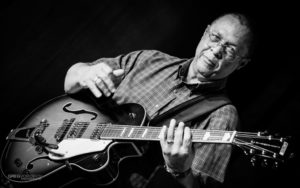
Do you still communicate with Elton John?
No. Unfortunately no, he lives in another universe. That’s the best way I can describe it.
Too bad that you couldn’t get him to appear in “Louder Than Rock”.
We asked, that’s a whole story. We tried to contact him and they wouldn’t let us do it. The man is like Elvis Presley on steroids trying to get through to him.
If you could back to those early days would have done anything differently?
No. We had a great time. Once it all started going I mean we became great friends. The best way I can describe it is we were teenagers that both created music together, and we dreamed together.
Do you recall what it felt like the first time you played on stage in a huge arena?
It was really a progression. I guess when he became Elton John…. there’s a place in London called Summerset House. It’s a government institution where you go if you want to legally change your name. I remember one day we were in the studio and he had gone down there to change his name. He came back to the studio and said, “I’ve done it, I’ve changed my name”. We said “Really, what is it”? He said, “Elton Hercules John.” We all fell about laughing. The first time massive concert I guess would be Wembley Stadium. There were a hundred, thousand people. We were on Mount Everest now.
Where you nervous?
Not really. We had rehearsed for a month. Excited…yeah, just surreal excitement to see your name on the score board. All of the band member’s names were on the scoreboard. We grew up watching football (soccer), matches there. All of our soccer heroes had played there. So I don’t think nervous, just very excited. We weren’t nervous because we were confident about who we were as musicians. That was well drilled in. The whole nervous thing, I never had that. I was always very secure in my craft, my artistry, which had been well developed and a long time invested in it. I think we were all like that. I think the other thing that helped was we knew each other for years. There was a lot of community involved here.
So you played with Elton John for how long?
Well on and off for 10 years. Both in studio and live. There is another aspect that people don’t know. I had a band called “Hookfoot”, which was a very good band. That’s the rhythm section that was featured quite a bit on the “Tumbleweed Connection” album. We were signed to Dick James music as well. Before Elton had his band, he used to ask me if he could sit in with my band “Hookfoot” to work out some of his songs. So we spent the best part of the year doing live BBC radio shows with “Hookfoot” backing Elton John. We were architects of his sound.
After Elton John you played with Hall & Oates?
Yeah, along with Roger Pope and Kenny Passarelli.
So you are still doing music currently as well?
Oh yeah. Absolutely. We play around, my band…we’ve done a couple of CDs. I’m hoping to do another one next year after the movie comes out. I’d like to get back in the studio with my band. I’ve been writing a bunch of material. I couldn’t even describe it. I call it progressive jazz. It’s kind of a fusion, all instrumental stuff. It’s fun.
Jazz is an interesting genre. I find that people either love it or hate it.
To me as a musician these days I felt that coming back and playing live, playing non-4church music, it felt very natural to go back to what I call my heart music. That’s what I grew up with. It’s a mixture of jazz, blues, rock, R&B, a little fusion. I try to make it as accessible as possible, so it doesn’t get too crazy. I still like melody. I still do studio work as well.
How do you feel that music has changed…for better or worse?
Wow, that’s such a big question. I’m not against technology but I think having come from the old school, the analog days, I think there is something being lost. I’ve had students ask me when they know who I am, “how did you guys get that sound”? I tell them “well we were actually playing all together in the studio.” It was organic, there was just this organic cohesion. That’s what happens in the studio when everyone’s playing live, that you can’t get by pushing buttons and cut and paste audio. You can get good things but you can’t duplicate that organic cohesion that happens when people are actually playing live together.
Well the movie is completely fascinating and intriguing. I couldn’t pull myself away from it, especially as a music journalist. You have some story there.
I think it’s got some layers to it. It’s different than the normal rock ‘n’ roll documentary, where everyone seems to always end up in oblivion. One of the layers is the father-son dynamic which I think will hopefully help some people who will be in my story. The father and son dysfunctionality is just pandemic to our culture. This father/son, father/daughter, that whole deal. So in that there is a lot to redemption in the movie. Seeing when I got to meet up with my dad again…
You initially wanted to kill him right?
Yeah! Oh yeah, absolutely. Hopefully as I said in the end of the movie if what I’m doing can help people to look up in hope instead of looking down in fear, then I think I’m doing my job.
So when you met up with your dad, did you stop being angry?
As I said in the movie when I saw him….well we carry things in our mind. Always seen him as a monster. I was a little boy and he was a lot bigger than me. So being full of rage with the drink and everything else, to me he was a monster. Now I’ve gotten older so I thought when I see the monster there’s going to be a knock down. But when I saw him he was just so much smaller. He looked like a shrimp of a man. All those feelings suddenly dissipated. I thought that I just can’t start knocking this guy around, I might get arrested or something.
Did you feel sorry for him?
At that moment I didn’t know what to think. I don’t think I felt sorry for him it was just so surreal. We just went into this pub and sat down and had a drink and just talked. I remember saying to him, “Don’t expect me to call you dad, I can’t call you that because you haven’t earned it”. He was fine with that. That was the beginning of a strange relationship where I was wanting to establish some kind of relationship with him. Then he started asking me if I could get him weed and stuff like that. That started this weird relationship of doing drugs and getting high together, and listening to music together. Even that didn’t resolve the anger that I still felt inside. The hell he created in our family.
Was it ever resolved?
I’ll tell you when it was resolved. It would have been after I became a Christian and I met my wife now. We were preparing to get married. We went to some pre-marriage counseling classes in our church. The last class was on the issue of forgiveness. I remember the Pastor telling us that this class was going to be different. He said, “there are some things from your past that are good and that you want to take into your marriage. There are some other things from your past that are not good and you don’t want to take them into your marriage. Whatever those things are, often times it’s a parental situation and whatever that is, there needs to be forgiveness.” He gave us 20 minutes to get on our knees and pray and name the person before God, and told us you’re going to make a decision to forgive that person. When he was saying these words it was like somebody was just putting a knife in my heart. This was my time and I knew it. I had to forgive my dad, I had to forgive the monster. I can tell you this Eileen, it was like God gave me a revelation at that point. It was to do with the words of Jesus on the cross, ” Father forgive them, for they know not what they do”. At that instance I knew that whatever my father had done to me and my family, even though he had made a decision to do whatever he did, he still didn’t know what he was doing. He was functioning out of his own damage. So with that instant the only thing I could do was hand him over to Jesus, and say, “Jesus, I choose to forgive my dad”. I let it go right there. Well I can tell you that when that 20 minutes was up, I got up off of my knees and walked out of that building and I felt like 100 pound weight has been lifted off my shoulders. I felt free for the first time.
You’re giving me the chills….
It’s the truth. The most powerful thing we can do in these days is forgiveness. Forgiveness is a pathway to freedom when it comes to these kind of issues.
Be a part of rock n roll history and help fund a powerful and epic vision of a musical truth.
Support “Louder Than Rock” on GoFundMe here:
https://www.gofundme.com/qnv86g-louder-than-rock
Watch the Official “Louder Than Rock” Trailer here:
The official website for “Louder Than Rock” may be found at http://www.LouderThanRock.com
For interviews or more information contact [email protected]

